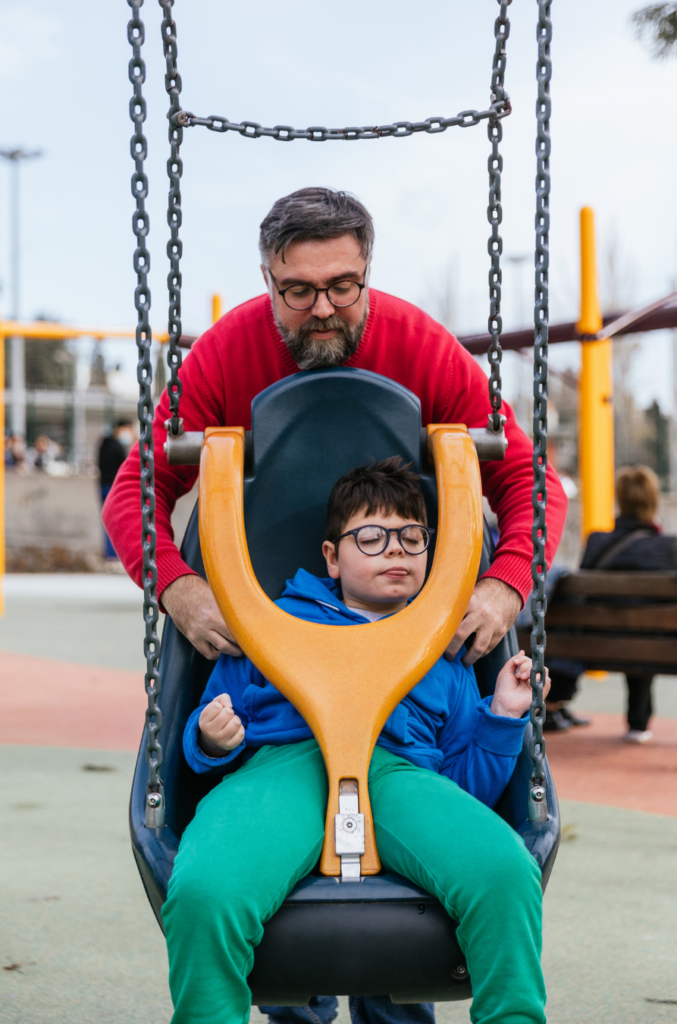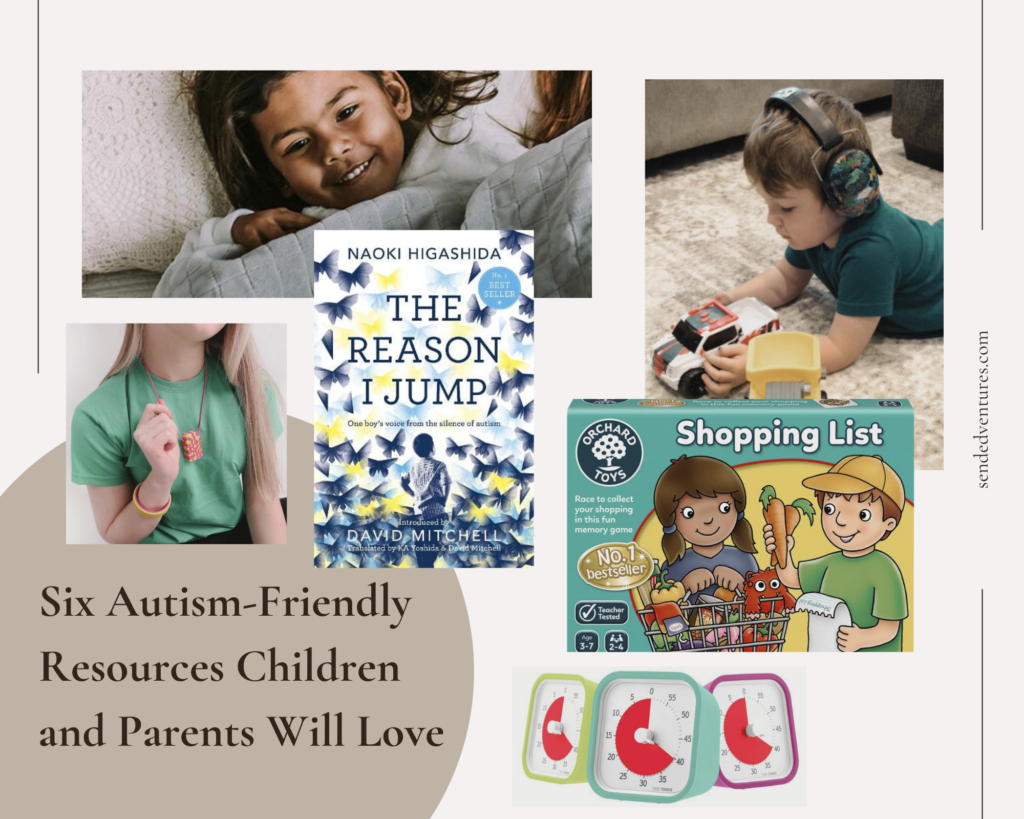Between appointments, school runs, and meal planning, finding time for anything extra, like supporting your child’s learning, can feel daunting. But here’s the secret: you don’t need special equipment or hours of prep to help your child learn. Some of the best opportunities are hiding in plain sight, waiting for you to stumble across them in your daily routine.
The Supermarket Safari
Shopping trips aren’t just about surviving the cereal aisle tantrums; they’re also a goldmine for practising life skills. Get your child involved in creating the shopping list (great for reading and writing too), or ask them to find items by colour, shape, or even aisle numbers. For older children, challenge them to calculate prices or spot the best deals. Who needs a classroom when you’ve got the frozen food section?!

Car Karaoke
Turn the daily school run into a music session. Sing songs together, make up silly rhymes, or listen to audiobooks that match your child’s interests. It’s a stress-free way to work on language and listening skills while you’re stuck in traffic.
DIY Treasure Hunts
On rainy afternoons, turn your home into an adventure zone. Hide everyday objects and give your child simple clues to find them. For example, “It’s red, round, and lives in the fruit bowl” (spoiler: it’s an apple). It’s a brilliant way to boost problem-solving skills – and, let’s be honest, to keep them busy for a while.
Kitchen Chemistry
 Cooking together isn’t just a fun way to bond; it’s a sneaky way to work on maths, science, and motor skills. Measuring out ingredients teaches fractions, and watching a cake rise in the oven is basically GCSE chemistry. Plus, if it all goes wrong, you’ve got a great excuse to order pizza.
Cooking together isn’t just a fun way to bond; it’s a sneaky way to work on maths, science, and motor skills. Measuring out ingredients teaches fractions, and watching a cake rise in the oven is basically GCSE chemistry. Plus, if it all goes wrong, you’ve got a great excuse to order pizza.
Laundry Lessons
Sorting laundry might not sound glamorous, but it’s surprisingly educational. Ask your child to sort clothes by colour or type (e.g., socks, t-shirts). For older kids, teach them to read care labels or estimate the length of the wash cycle. Bonus: you’ll get some help with the never-ending laundry pile.
Nature Walk Maths
A walk in the park isn’t just a chance to burn off energy – it’s a classroom without walls. Count how many birds you see, compare the sizes of leaves, or talk about why the seasons change. If your child loves collecting items, create a scavenger hunt that includes things like pine cones or smooth stones.
Screen Time with a Twist
Yes, screen time can be educational too, as long as you’re intentional about it. Choose apps or shows that align with your child’s interests and needs. For example, Numberblocks is fantastic for early maths, while games like Toca Life let kids explore real-world scenarios in a fun, stress-free way.
Chore Challenges
Tidying up doesn’t have to be a chore – make it a game. Time how quickly your child can put toys away or ask them to sort them by size or colour. Not only does this encourage responsibility, but it also helps build categorisation and sequencing skills.
Storytime Showdowns
Whether it’s at bedtime or during a quiet moment, reading with your child can open up a world of learning. Get creative by acting out parts of the story or asking your child to guess what happens next. For non-verbal children, use props or picture books to keep things interactive.

Bath Time Science
Bath time isn’t just for splashing around (although that’s half the fun). Introduce some simple experiments, like floating and sinking. Drop objects into the water and talk about why some things float while others sink. It’s like a mini science lesson – with bubbles.
So, next time you’re running errands, folding laundry, or just hanging out, take a second to think: how can I turn this into an adventure? Your child’s biggest lessons often come from the simplest moments. And who knows? You might even enjoy them too.
Looking for more practical support? Take a look at Six Autism-Friendly Resources Children and Parents Will Love, packed with tools and ideas designed to help everyday life feel easier and more meaningful.
Disclaimer: The information in this article is provided for general interest and should not be considered medical, therapeutic or educational advice. Families are encouraged to seek support from qualified professionals regarding individual needs or concerns.






